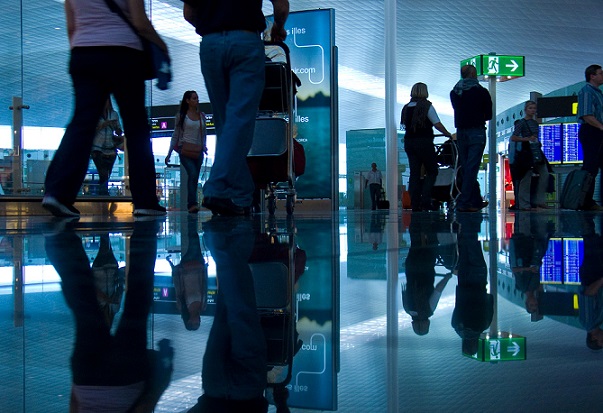You could think that the question of identity has lost relevance in an ever more globalised and interconnected world. Indeed, it is not difficult to state that identities have become more fluid, ephemeral and unpredictable.
 Claudio Chipana Gutiérrez
Claudio Chipana Gutiérrez
It is not just globalisation but migration, and the very rapid increase in the role of social media have also made it possible for individual identities and national identities themselves to become more malleable and less easily susceptible to being pigeonholed in categories or fixed definitions.
Postmodernism for its part has insisted on the loss of power of the focussed, homogeneous individual who is master of their fate.
Identity thus loses protagonism and becomes a fragmented reality. Postmodernists have directed their critiques towards “essentialist” identity.
It is true that nations are no longer quite the closed entities they were understood to be in the nineteenth century.
Globalisation has resulted in the increase in the role of supranational institutions and transnational identities. National and local identities were affected by this.
Lifestyles, ways of thinking, “metanarratives” have become less clearly defined. We have moved into the world of differences. In other words: “undifferentiated differentiation” as the theorist Nelly Richard would say.
 Human migration, for example refugees and those fleeing crisis, which has for a long time reshaped societies leading to the fusion of cultures, has persisted and intensified through the rise in cultural networks and the demand for available and cheap labour.
Human migration, for example refugees and those fleeing crisis, which has for a long time reshaped societies leading to the fusion of cultures, has persisted and intensified through the rise in cultural networks and the demand for available and cheap labour.
National cultures interweave and borders become more permeable. National identity is entering a crisis.
However, if identity has indeed been diluted and fragmented in many aspects, it has not disappeared. On the contrary, it has regained importance.
The response to the hegemonic and hierarchical aspects of globalisation was not long in coming.
The power of identity, then, is reviving, in the traditional nation, coming from ethnicities who do not want to be swept aside or absorbed through universalism and homogenisation, from minorities who are looking for their own space in society.
New non-conformist identities are emerging. Multiculturalism has allowed ethnic minorities and immigrants not to be absorbed by dominant discourses. The struggle for recognition and tolerance alongside civil and citizen rights has gained new forms.
Black communities, women, migrants and other groups have put their rights and identities at the centre of the argument for a new discourse on the nation, in direct confrontation to the monocultural State and patriarchal and racist conventions.
 The problem is not globalisation as such, but its unequal and authoritative character. Consequently, new nationalisms, those who repel immigrants, have led to Islamophobia and xenophobia.
The problem is not globalisation as such, but its unequal and authoritative character. Consequently, new nationalisms, those who repel immigrants, have led to Islamophobia and xenophobia.
In this way, two extreme forms of identity have emerged from the same circumstances: ultranationalism and fundamentalism.
In this flux of convergence and divergence of ethnic, cultural and religious identities it has become untenable to say that identities have disappeared or have lessened in importance. The local will always rebel against the global if the latter becomes an economic, cultural and environmental threat. The Other must seek to be recognised.
Identity is as much or more necessary than before. However, there are two paths for identity: either inclusive or exclusive identity: identity based on dialogue or on the destruction of the Other.
While extremist nationalism asserts the authoritarian side of globalisation which deepens inequalities and exclusions, minority identities fight for a more democratic globalisation.
(Translated by Claire Donneky – Email: clairemiranda@hotmail.co.uk) – Photos: Pixabay












.jpg)












